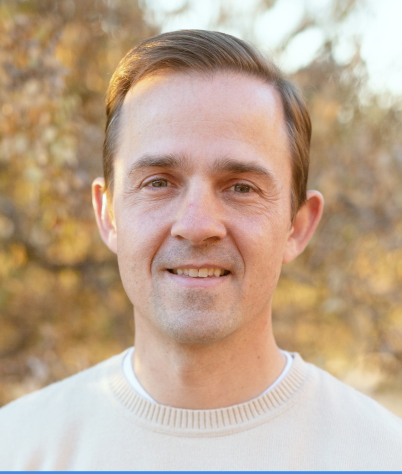The perennial struggle to read and understand the Hebrew Bible—that strange and wonderful collection of books we call the Old Testament—has captured our collective attention this year as we dive back into its pages. The text presents profound challenges and questions to Christians and to people with modern sensibilities generally. Among those challenges are stories and accounts of what seem to be divinely sanctioned violence.
To get some perspective on these challenges, and on how broader Christianity has faced these same challenges, we decided to bring writer, teacher and public theologian Brian McLaren into the conversation by inviting him on our podcast. Brian is well-known within evangelical Christianity. Once a prominent pastor, in 2015 he was named by Time Magazine as one of evangelicalism’s most influential figures. He became a leader in the “emerging church movement.” These days, in addition to his speaking and writing, he works with Father Richard Rohr at the Center for Action and Contemplation.
For McLaren, as for many Christians, his relationship with the Bible itself has been an integral part of his faith journey. We were curious to hear how that relationship has changed over time, how he reads the Bible differently than when he was younger, how he sees people sometimes abuse the Bible (especially the Hebrew Bible), and where he continues to find beauty and inspiration in its pages. He explains how much of the Christian world arrived at the idea of Biblical inerrancy, and why we need not just re-translation but continuous re-interpretation of the text.
We found his thoughts on the creation narrative of Genesis particularly fascinating. He even shared his thoughts on a famous story from the Book of Mormon. We think you’ll enjoy this conversation with a wise and good soul, our friend Brian McLaren.
Among Brian’s outstanding books are Faith After Doubt: Why Your Beliefs Stopped Working and What to Do About It and The Galapagos Islands: A Spiritual Journey. You can check out all his work at brianmclaren.net.



